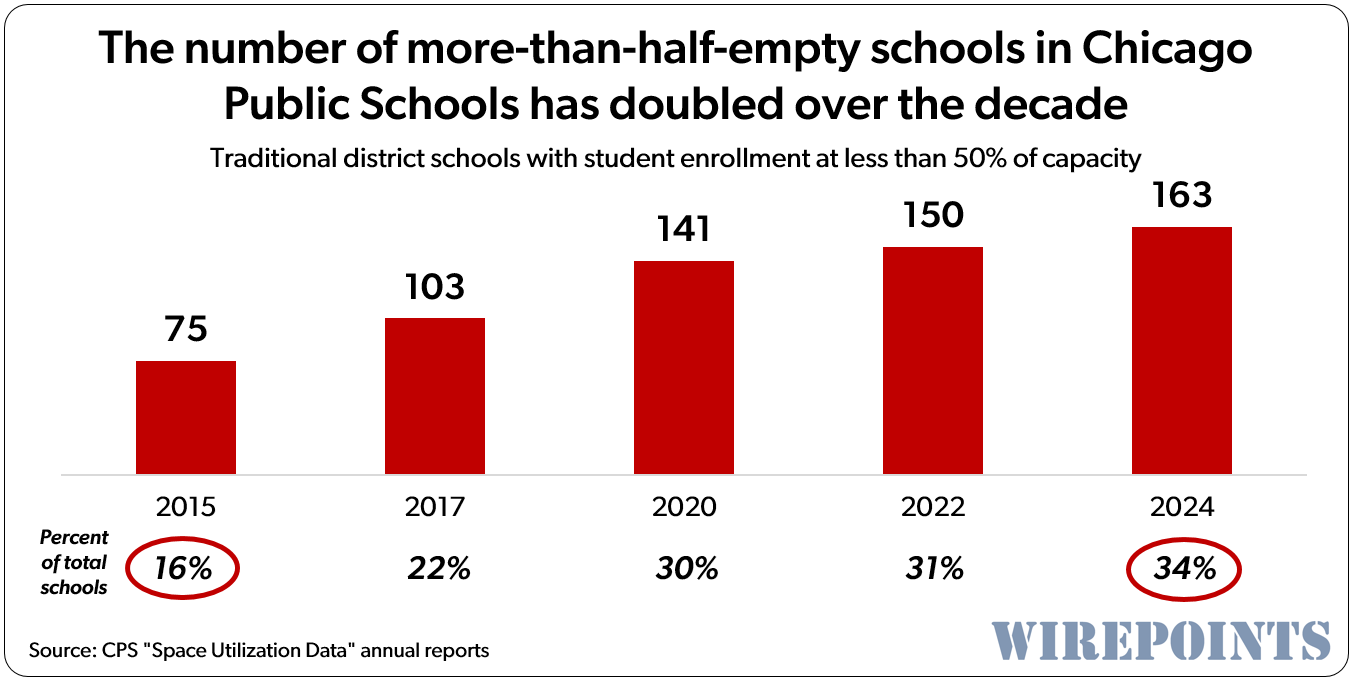By: Mark Glennon*
Despite the rollback in personal income tax rates from 5% to 3.75% in January, which also shrank withholding rates paid over to the state each month, April personal income tax receipts actually increased compared to April last year by 3.8%, or $96 million. Total tax receipts of all sources for the state also increased slightly, by 0.3%. That’s according to the monthly report released by the Commission on Government Forecasting and Accountability.
According to COGFA’s executive director,
March was a little bit stronger than expected but it wasn’t until April came along that it confirmed what was happening. We have seen a little bit of growth in withholding (taxes), but it wasn’t until midway through April and then, boom, the last seven or eight receipt days, it has really taken off.
The strong performance of April’s income tax receipts “have resulted in upward pressure” on the 2015 budget forecast, as COGFA put it, “in the range of $300 million to $500 million.”
That’s indeed a meaningful and nice surprise, but don’t think it solves much. The total budget is roughly $35 billion and the deficit for next year is roughly $6 billion.
More importantly, there’s really one question at the core of most policy debate in Springfield — whether higher tax rates would in fact yield more revenue. Most Illinois Democrats view tax increases as part or all of the solution. The opposition says we are ‘at the top of the curve’ or past it. That is, tax increases would worsen the flight of people, investors and employers from the state, shrinking the tax base, resulting in little or no additional revenue. Count me in that camp.
Does the recent revenue improvement, occurring in the face of a tax cut, help us on that question? Not really. Behavior changes resulting from tax rate changes have a long lag time. It can take years for people and companies to decide to move and actually do it. And, as COGFA’s executive director
said, the recent surprise is probably due to one-time factors, including strong capital gains from a healthy stock market. A few months of near-term evidence mean little.
Still, the state’s income is something to watch that’s not often reported clearly. Let’s hope for more reports like April’s. Let’s also hope for a robust, direct discussion about whether tax rate increases would really yield more long term revenue.
*Mark Glennon is founder of WirePoints. Opinions expressed are his own.

 A set of state lawmakers want to extend CPS’ current school closing moratorium to February 1, 2027 – the same year CPS is set to transition to a fully-elected school board. That means schools like Manley High School, with capacity for more than 1,000 students but enrollment of just 78, can’t be closed for anther three years. The school spends $45,000 per student, but just 2.4% of students read at grade level.
A set of state lawmakers want to extend CPS’ current school closing moratorium to February 1, 2027 – the same year CPS is set to transition to a fully-elected school board. That means schools like Manley High School, with capacity for more than 1,000 students but enrollment of just 78, can’t be closed for anther three years. The school spends $45,000 per student, but just 2.4% of students read at grade level.
 Hopefully, all media will get the message, in Illinois, too.
Hopefully, all media will get the message, in Illinois, too. Ted joined Tom Miller of WJPF to talk about Illinois’ highest-in-the-nation property taxes, why lawmakers don’t want to touch the tax’s cost drivers, just how much Illinoisans’ tax burden has grown over the decades, why Gov. Pritzker failed to meet his promise to reform property taxes, and more.
Ted joined Tom Miller of WJPF to talk about Illinois’ highest-in-the-nation property taxes, why lawmakers don’t want to touch the tax’s cost drivers, just how much Illinoisans’ tax burden has grown over the decades, why Gov. Pritzker failed to meet his promise to reform property taxes, and more.